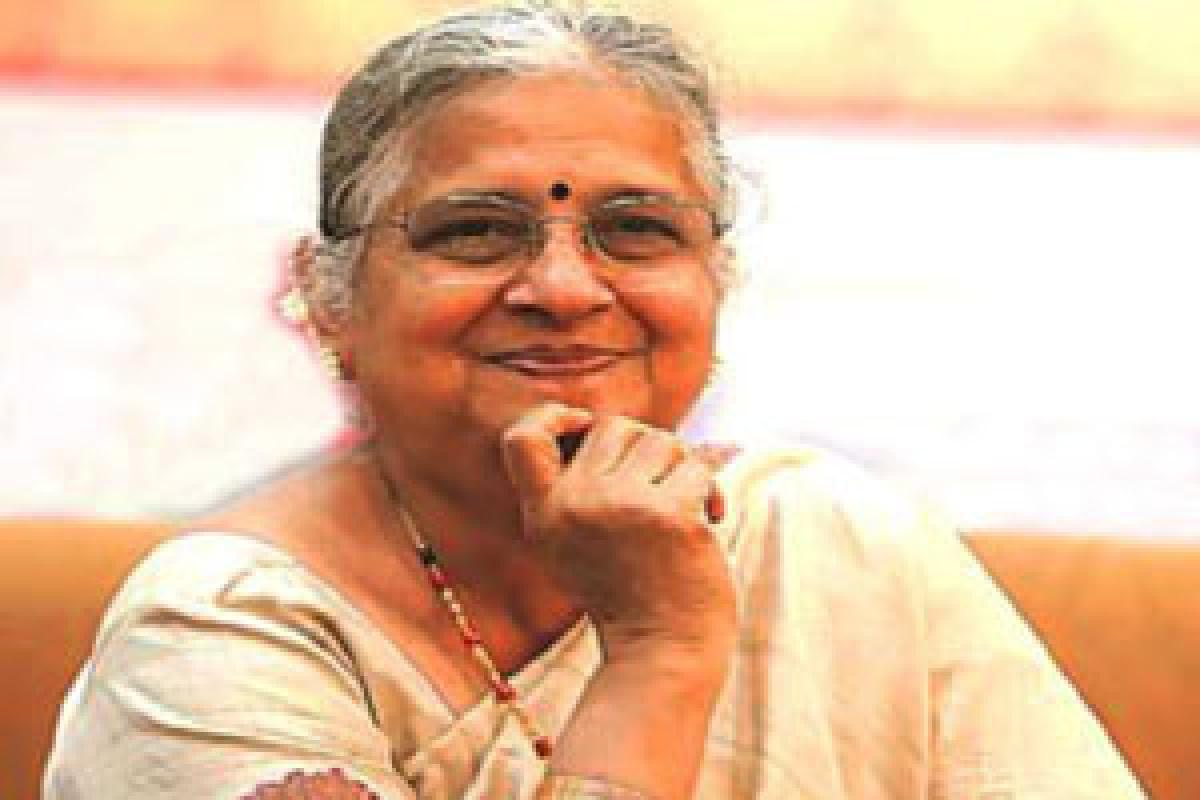Live
- Suriya and Bobby Deol's Kanguva Struggles at Box Office Amidst Criticisms
- Sobhita Dhulipala picks traditional Kanjivaram silk saree for her wedding
- AISF elects new council for Tirupati dist
- Annual Art Festival 2024 by SICA
- Celebrating resilience and strength through literature
- No Telugu Ganga water supply in some wards today
- Press Release - Understanding Men’s Mental Health Challenges FINAL
- International Men’s Day: Make ‘Him’ Feel Truly Special
- Chandrasekhar takes charge as Srisailam temple EO
- Border-Gavaskar Trophy 2024-25: Devdutt Padikkal, Sai Sudarshan back-ups for Indian team for Test matches
Just In

Andhra Ikshvaku dynasty was one of the earliest recorded ruling dynasties of Telangana and Andhra Pradesh. They ruled the Telugu country along the Godavari and Krishna Rivers during the latter half of the second century AD.
Andhra Ikshvaku dynasty was one of the earliest recorded ruling dynasties of Telangana and Andhra Pradesh. They ruled the Telugu country along the Godavari and Krishna Rivers during the latter half of the second century AD. Their capital was called Vijayapuri. It was a strong and common belief that Ikshvaku’s were related to the mythological Ikshvakus; they were the successors of Satavahanas. The valley of the hills was known as Nagarjunakonda or the valley of Nagarjuna, who was a great Acharya and a learned Buddhist of the time. The dynasty built numerous monuments and used bricks for construction and also built stupas and universities.
Lookout
A three-day cultural festival at Anupu comprising fifteen events featuring more than 350 distinguished artistes who will present art forms including music, dance, folk art and theatre by Infosys Foundation. The entry is open to all.
The event will be inaugurated by the Chief Minister of Andhra Pradesh, N Chandrababu Naidu in the presence of Sudha Murty, Chairperson, Infosys Foundation and Binod HR, Executive Vice-President and Global Head – Talent & Technology Operations, Infosys Ltd.
Time and date: 3.30pm to 7pm on December 9, 10 & 11
Venue: Amphitheatre, (Archeological Monument Site), Anupu, Near Nagarjuna Sagar
Located to the south of Nagarjuna Sagar town, Anupu is a site of Buddhist excavations reconstructed with extreme care and effort. It is a sleepy village and very few people know of its existence. During the construction of the Nagarjuna Sagar Dam in 1960, the ruins of an ancient Buddhist university were excavated along with several monasteries. These were subsequently reconstructed on 80 hectares by the Archaeological Survey of India (ASI). Today, the museum located on an island near Anupu is very popular.
There are three main structures at Anupu of great historical significance – the ancient university, an amphitheatre and the Harati Temple. The reconstructed stupas at the university have circular brick or rubble walls, which have cladding of limestone slabs or plaster. The Simhala Vihara has two halls, one encircling a Buddha image. The Chaitya Halls and monasteries have limestone column as set in brick and stone walls.
The Amphitheatre is a magnificent structure with stepped columns on both sides and a big playground in the centre. There are ruins of a Vihara with broken limestone columns on top of the stadium. The temple of Harati, the Buddhist mother Goddess, was one of the important finds during the excavations. The temple is situated before the amphitheatre and it contains a broken statue of the Goddess in a sitting posture.
It is believed that men were Kshatriyas and women were Buddhists in the Ikshvaku dynasty. There was good merchant trade with Rome and Greece. Due to lack of visual photography and other such measures, sketches of such amphitheatres from the West were brought to Vijayapuri. A smaller yet beautiful amphitheatre was created and used most likely for cultural festivals and Buddhist discussions. If you observe keenly, there are small drainage holes in the theatre. There were dressing rooms and VIP seats in a circular format, almost like seats in an opera house.
When I went to see Anupu, I sat on one of those seats. Time in my head went 1,700 years ago. I could visualise like the dazzle of the torchlight, the silk robes all around, and the sound of bangles and ornaments. I wondered how many people had danced, sang and discussed matters here and viewed the cultural extravaganza. Alas! After the fall of the Ikshvku dynasty, the place was ignored. Today the place is deserted, left empty and open to the forces of nature and neglected by time and people.
That was the moment when I felt that we must conduct one cultural festival as relevant to today’s times. This small thought led to the Anupu Cultural Festival in December 2016. (The writer is Chairperson of Infosys Foundation.)
By Sudha Murthy

© 2024 Hyderabad Media House Limited/The Hans India. All rights reserved. Powered by hocalwire.com







